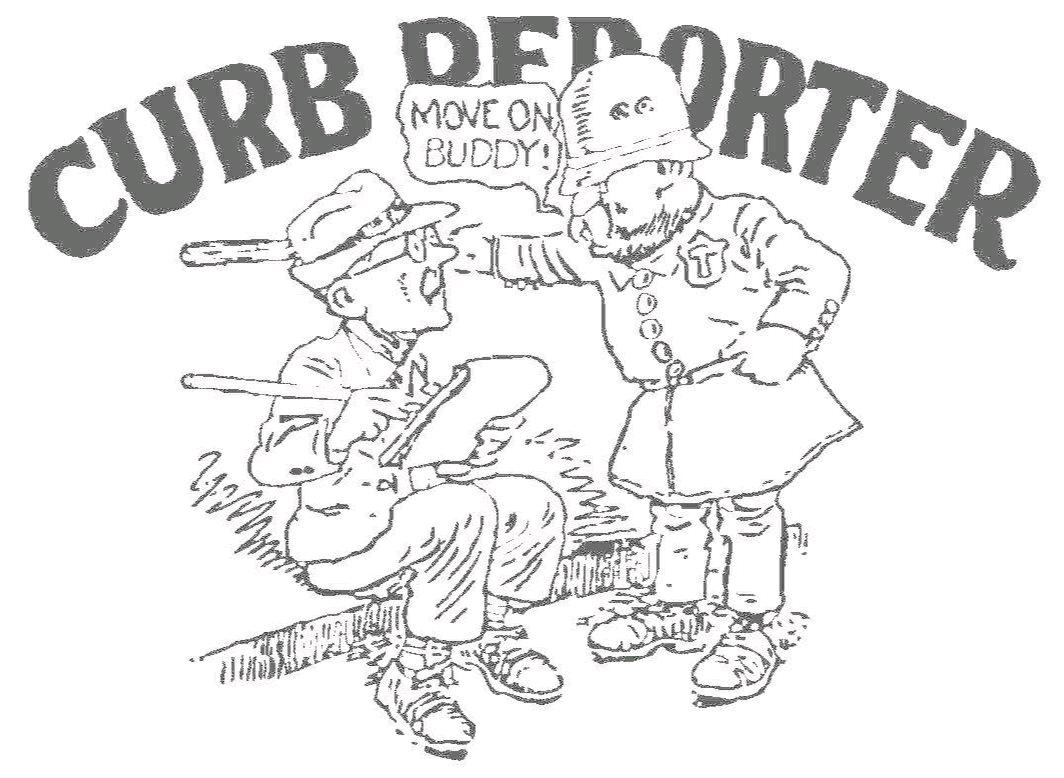Perhaps name should be No Hunting Country
Published 7:54 pm Wednesday, December 9, 2009
To the Editor:
This letter is in response to a letter to the editor by Mr. Burt Baer, dated Nov. 25, 2008, entitled, Hunting facts you may not know, and earlier letters on written permission by Ms. Brock and Ms. Sprague.
A state hunting license authorizes the privilege to hunt legally in North Carolina. It does not authorize a hunter to climb your fences and walk your land, weapon in hand, and discharge that firearm without interference.
State law requires a hunter to have permission before he/she can hunt on private land. Only the landowner or someone he appoints, can give permission to hunt on his land.
Those who ask for a written permission law would have you believe the majority of hunters are hunting without permission. A check with county communications reveals the following: From Sept. 1, 2009 (the first day of hunting season) until Oct. 31, 2009, there were 5,612 calls received. Of these, 35 were trespass calls; of those, only three calls were related to hunting:
1) shot fired during muzzle loader season. Called in by an adjoining landowner.
2) Hunter retrieving his coon dog. Called in by adjoining landowner.
3) a legal goose hunt (yes, the one which made the front page of the Bulletin). Does not sound like much of a hunter trespass problem to me.
Having failed to get the written permission law voted on at the first commission meeting, an amendment was added in hopes of dividing some hunter groups. The amendment made exceptions for field trials and equestrian fox hunts, but made no mention of raccoon or rabbit hunts with dogs. What a snobbish attitude.
Our county commissioners had to make a tough decision on this one. Some landowners wanted the written permission law, some landowners opposed because they did not want to be required to issue permission slips each time they allowed hunting on their land. A few hunters said they were ok with the law but even more hunters opposed.
I want to express my appreciation to each commissioner, Ms. Walker, Mr. Gasperson, Mr. Melton and Mr. Watson for voting against a written permission local law and for making landowners more aware of the registered land program. Under this program, a landowner who allows hunting can register their property with the wildlife resources commission for a one time fee of ten dollars. Any hunter, fisherman, or trapper is then required to have written permission on that property. Those landowners who do not allow hunting can still use the state trespass law to control anyone, not just hunters, who enter their property.
The rest of us landowners, who allow hunting, may still do so by verbal permission and not be mandated to write permission slips each time we let someone hunt.
Virginia, South Carolina and Georgia have programs similar to the registered land program. Our other border state, Tennessee, has a written permission law, but it requires the land to be posted before the law is enforced, just as required by the registered land program. Property lines do not always follow fences, roads or creeks and should be clearly posted so a hunter will not inadvertently cross onto land he/she does not have permission to hunt. Also, posted property lines assist officer testimony, should citations be issued for hunting without permission. The registered land program has worked well across this state and Polk County now has about 15,000 acres in this program. I did not hear any of these landowners asking for a written permission law.
I find it hard to believe this whole mess started because of a legal goose hunt in the Hunting Country section of the county; maybe we should change that name to the No Hunting Country.
Since I am retired, I do not speak for or represent the N.C. Wildlife Resources Commission. As I told the county commissioners at the first meeting on written permission, my opinion is based on my experience as a wildlife resource officer for 28 and 1/2 years, the last five of which were spent as the administrative major of the enforcement division, stationed in the Raleigh office.
I appreciate the opportunity to express my opinion.
John Blanton


